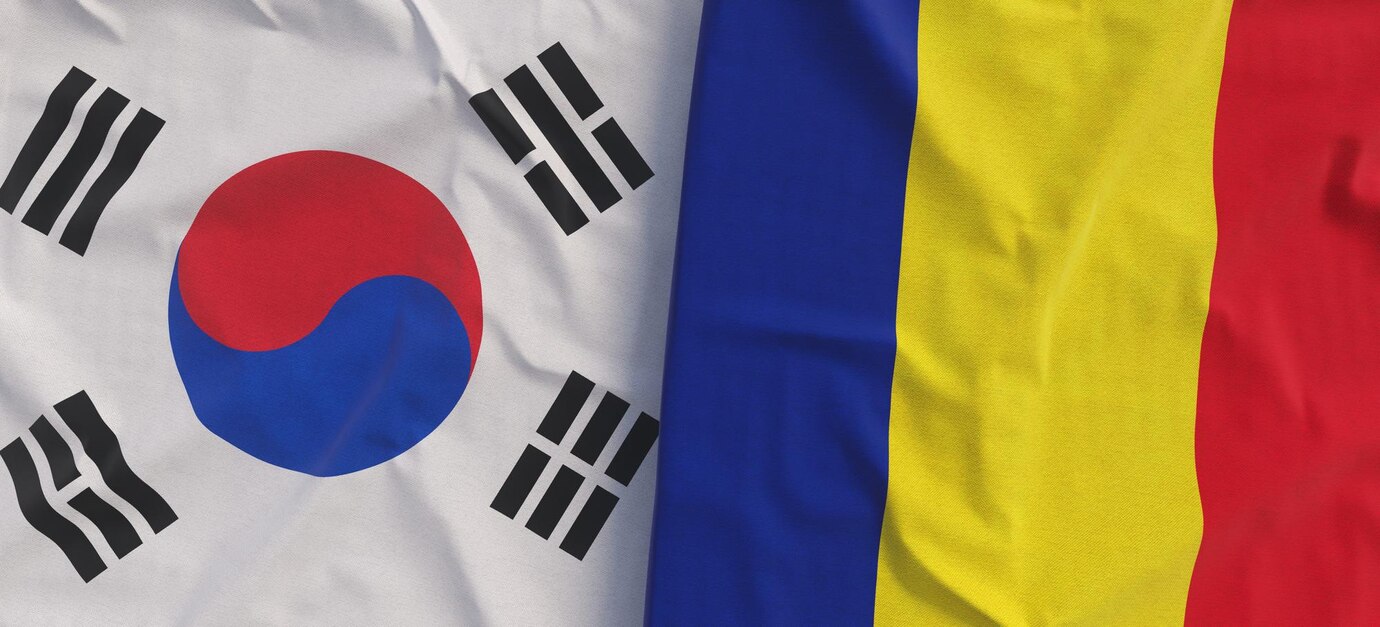
After the annulment of the first round of the Romanian presidential election in November 2024, the constitutional judges have now announced that it will be repeated on May 4th, 2025. Needless to say, this decision sets a unique precedent and is widely debated. However, two things seem clear.
First, the candidate emerging as winner of the now null first round, Mr. Georgescu, is not in line with the current international standing of the country. He has intercepted the frustration of the Romanian peasants at the stagnation of the Ukrainian war, which caused energy prices to surge and Ukrainian wheat to flow into the country, impoverishing them further. Thus, he calls for a retreat from the Western engagement with Kiev, aligning with most of Putin’s requests. In sum, Mr. Georgescu would be friendly to Russia, in what has been up to now a crucial ally of Ukraine due to geographic proximity.
Second, the accusations against Mr. Georgescu pertain to the domain of fake news. According to a secret report by the Romanian intelligence agency, he has built consensus by means of last-minute campaign manipulation via TikTok, but he was not involved in frauds. Indeed, the Electoral Commission and the Constitutional Court certified that no electoral fraud was committed.
This is what makes the annulment decision unprecedented. Let me acknowledge that Mr. Georgescu is far from being transparent in his ties with Moscow and in his engagement with fake news. However, can this be enough in a democracy to annul the result of the elections? By how much can the concept of fair election be extended beyond the act of counting votes? Can we call an election unfair, and hence null, if what gets manipulated is not the vote, but the voters’ information?
I am of the view that credibility is the most valuable asset that a state can dispose of. The efficacy of fiscal and monetary policy, as well as that of the rule of law and hence democracy depend on it. While it is also important to maintain an internationally credible stance based on stable alliances with long-term partners, politicians should thoroughly enquire whether suspending a democratic outcome on the grounds of a potential threat to democracy might jeopardize the citizens’ perception of the institutions. As it seems, the sense of discontent and frustration on which Mr. Georgescu has capitalised in November are only increasing after the annulment of the vote – which is unsurprising.
In my opinion, a mature and credible democracy cannot be measured against the ability to keep potential dictators away from power, because this inevitably involves a subjective, a-priori judgement in the identification of who a potential dictator might be. In turn, as we see, this brings complaints, polarisation, and a sense of widespread mistrust. Instead, a mature and credible democracy should be measured against the ability to quickly remove threats to democracy, if by mistake they come to power. An example in this sense is represented by the circumstances happening in South Korea nearly at the same time as the events in Romania.
On the night of December 3rd, then-president Yoon declared the martial law, which gives near absolute power to the president itself. It is an instrument thought to respond to an invasion from North Korea. That night, however, there was no trace of an invasion, but many charges of corruption pending against Mr. Yoon and some family members. According to the reconstruction of the events, lawmakers managed to enter the parliament overnight despite the obstacles posed by the armed forces at the orders of the president. They reached the quorum and declared the martial law null and void. After less than two weeks, Mr. Yoon has been impeached. He will face charges of sedition and treason in addition to those of corruption.
This is an example of a mature democracy that can defend itself from a tangible despotic threat. Of course I can be wrong, but a handful of judges sentencing while reading a secret report about one candidate behind closed doors does not give the same impression. And impressions are fundamental to build credibility.